Robin Trower - Where You Are Going To (2016)
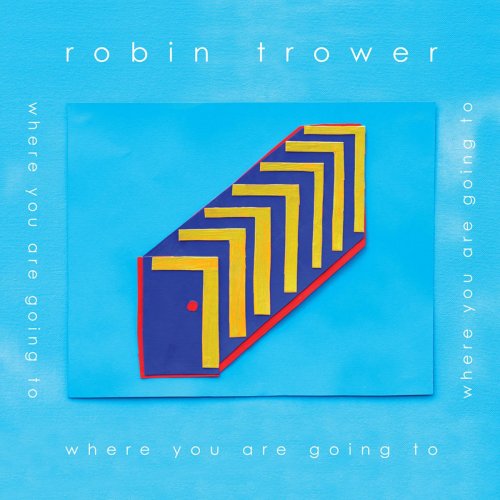
Artist: Robin Trower
Title: Where You Are Going To
Year Of Release: 2016
Label: V-12 RECORDS
Genre: Blues, Rock
Quality: mp3 320 kbps / flac lossless
Total Time: 00:40:20
Total Size: 92 / 238 mb
WebSite: Album Preview
TracklistTitle: Where You Are Going To
Year Of Release: 2016
Label: V-12 RECORDS
Genre: Blues, Rock
Quality: mp3 320 kbps / flac lossless
Total Time: 00:40:20
Total Size: 92 / 238 mb
WebSite: Album Preview
---------
01. When Will the Next Blow Fall
02. Where You Are Going To
03. Back Where You Belong
04. Jigsaw
05. The Fruits of Your Desire
06. We Will Be Together Someday
07. Ain't No Use to Worry
08. In Too Deep
09. I'm Holding On to You
10. Delusion Sweet Delusion
Where Are You Going To is more of a rocker than the last release from Robin Trower, but still squarely based in Robin's love for Blues. Robin's voice is much more confident on these ten new studio recordings, and the guitar work is stunning. On this continuation of Mr. Trower's creative upsurge, Robin is credited with guitar, vocals, and bass, with Chris Taggart on drums, and Livingstone Brown did some bass, co-production and mixing/mastering. Robin created the art piece that was turned into a classy package by graphic artist Eric Krause.
Throughout his long and winding solo career, guitarist Robin Trower has had to endure countless comparisons to Jimi Hendrix, due to his uncanny ability to channel Hendrix's bluesy/psychedelic, Fender Strat-fueled playing style. Born on March 9, 1945, in Catford, England, Trower spent the early '60s playing guitar in various London based outfits; the most successful one being the R&B group the Paramounts, who specialized mostly in covers, but managed to issue several singles between 1963 and 1965. It wasn't until 1967 that Trower received his big break however, when he joined Procol Harum. The group had just scored a worldwide smash hit with "A Whiter Shade of Pale," but the only problem was that the band's leader, singer/pianist Gary Brooker, didn't have a proper band to back him. Brooker was previously a bandmate of Trower's in the Paramounts, and offered the guitar slot in his new fast-rising project to his old friend. As a result, Trower appeared on such Procol Harum classics as 1967's Procol Harum, 1968's Shine on Brightly, 1969's A Salty Dog, 1970's Home (which spawned the popular Trower tune "Whiskey Train"), and 1971's Broken Barricades. While Procol Harum helped launch Trower's career, the guitarist realized there was limited space for his guitar work, and eventually left for a solo career. Enlisting singer/bassist James Dewar and drummer Reg Isidore (who was soon replaced by Bill Lordan) as a backing band, Trower issued his solo debut, Twice Removed From Yesterday, in 1973. The album barely left a dent in the U.S. charts, but that would change soon enough with his next release, 1974's Bridge of Sighs. With rock fans still reeling from Hendrix's death a few years earlier, the album sounded eerily similar to the late guitarist's work with the Jimi Hendrix Experience (especially his 1968 release, Electric Ladyland), and as a result, the album sky rocketed into the U.S. Top Ten, peaking at number seven. Although Bridge of Sighs was to be his most popular solo release, Trower's stock continued to rise throughout the mid-'70s, as he became an arena headliner on the strength of such hit albums as 1975's For Earth Below, 1976's Robin Trower Live!, and Long Misty Days, plus 1977's In City Dreams. Further releases followed, yet by the dawn of the '80s, it became quite obvious that Trower's star was rapidly fading, as each album sold less than its predecessor. A brief union with ex-Cream bassist/vocalist Jack Bruce spawned a pair of releases, 1981's B.L.T. and 1982's Truce, before Trower returned back to his solo career. The '80s saw Trower try and expand his audience with several releases that attempted to update his blues-rock style (such as 1987's slick produced Passion), but none returned the guitarist back to the top of the charts. During the early '90s, Trower returned back to Procol Harum for a brief reunion (1991's Prodigal Stranger), before backing ex-Roxy Music singer Bryan Ferry on a few releases (1993's Taxi and 1994's Mamouna, the latter of which Trower earned a co-producer credit for). Trower continued to issue solo albums in the 21st century (2000's Go My Way), while a steady stream of live sets and compilations appeared. Trower returned to work with Ferry once more on 2002's Frantic, again earning a production credit. Reassembling most of his late-'80s band, Trower released Living Out of Time in 2004 and returned with Another Days Blues in late 2005. What Lies Beneath appeared in 2009 from V-12 Records.
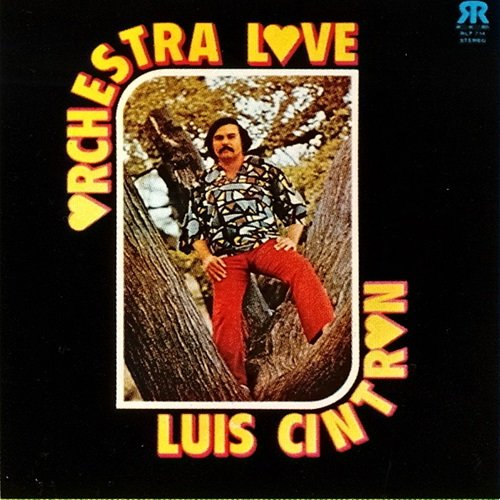


![Herminio Bello De Carvalho - Hermínio Bello de Carvalho 90 (2026) [Hi-Res] Herminio Bello De Carvalho - Hermínio Bello de Carvalho 90 (2026) [Hi-Res]](https://img.israbox.com/img/2026-03/01/7d9otuo4k41izuhqy3mc75spu.jpg)
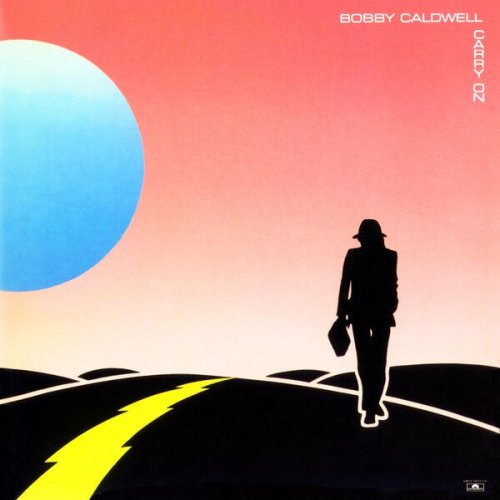
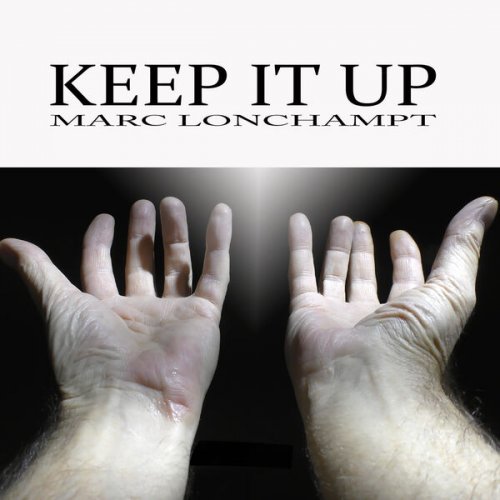
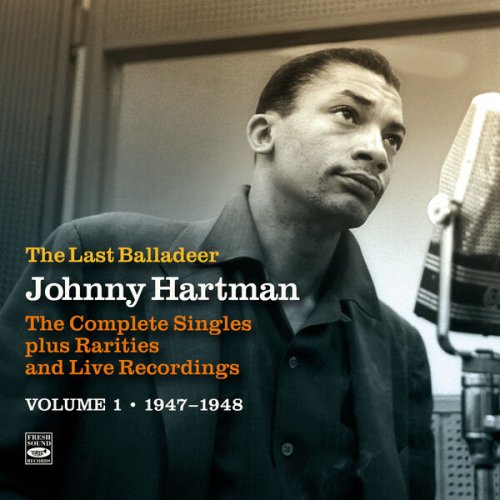

![Wes Montgomery - Full House (Remastered 2026 / Live At Tsubo / 1962) (1962) [Hi-Res] Wes Montgomery - Full House (Remastered 2026 / Live At Tsubo / 1962) (1962) [Hi-Res]](https://www.dibpic.com/uploads/posts/2026-02/1772124946_cover.jpg)